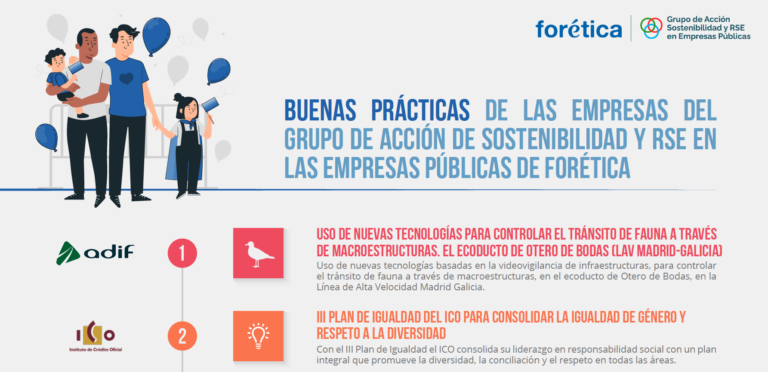El nuevo informe de riesgos globales del Foro Económico Mundial ha definido el deterioro de la salud mental como uno de los 5 principales riesgos globales en 2022. Los riesgos sociales son los que más han empeorado a la raíz de la pandemia, lo que tiene un impacto directo en la cohesión social y el bienestar de las personas.
Así lo reflejan los datos. Durante los dos últimos años se ha producido un aumento de los casos de ansiedad, demencia, depresión, soledad o estrés a nivel global. Se estima que la pandemia ha provocado 53 millones de casos adicionales de depresión y ya es la principal causa mundial de discapacidad, según la Organización Mundial de la Salud (OMS). Además, la salud física y mental están interrelacionadas. Estudios revelan que el estrés contribuye a padecer problemas cardiovasculares, diabetes o debilidad en el sistema inmunológico.
Este contexto supone un gran reto para los sistemas públicos de salud por sus limitaciones en la gran mayoría de países a la hora de atender las necesidades de sus ciudadanos y a su vez impacta en los sistemas económicos y los mercados de trabajo.
El informe “Fitter Minds, Fitter Jobs : From Awareness to Change in Integrated Mental Health, Skills and Work Policies”, publicado por la OCDE en 2021, estima que las personas con problemas mentales tienen mayores probabilidades de estar desempleadas y, por tanto, disponen de menores niveles de renta. Este gap se sitúa en el 20% y el 17% respectivamente en 25 países europeos de la OCDE. Además, tiene un impacto directo en la productividad de las economías. Los datos reflejan que la economía mundial pierde alrededor de un billón de dólares al año por productividad solo por casos de ansiedad y depresión (OMS).
La salud mental incluye nuestro bienestar emocional, psicológico y social y afecta a cómo pensamos, nos sentimos o actuamos. Ante este contexto, las empresas están realizando mayores esfuerzos por apoyar y cuidar de la salud mental de los trabajadores como un factor clave de la apuesta por la salud y la sostenibilidad de las organizaciones. ¿Qué acciones pueden llevar a cabo las empresas?
1) Establecer un compromiso público desde el más alto nivel
2) Fomentar una cultura organizacional de apertura y escucha activa
3) Medir el estado de la salud mental y el bienestar de los trabajadores y reportarlo internamente
4) Ofrecer formación a empleados y managers para saber cómo responder ante estas situaciones.
El Grupo de Acción de Salud y Sostenibilidad de Forética abordará en 2022, junto a 13 grandes empresas, cómo las organizaciones están respondiendo a los retos de la salud mental a través de la huella de salud. Esta idea permite conocer la contribución de las empresas a la salud de sus grupos de interés y cómo este tema se ha posicionado en los últimos tiempos como un elemento crucial de la agenda ESG de sostenibilidad.
















